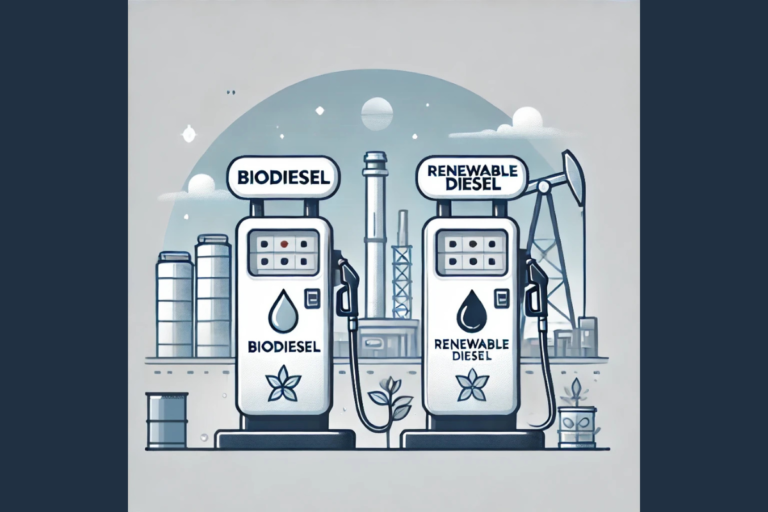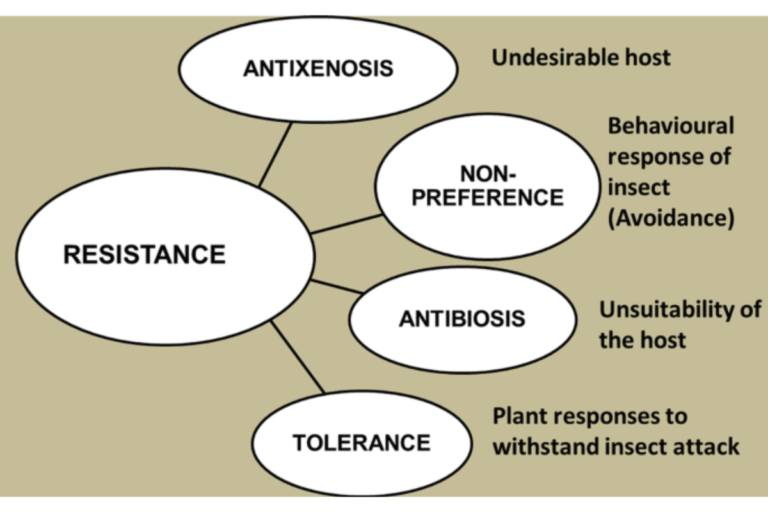why are humans reluctant to take global warming seriously?
“A new idea is first condemned as ridiculous and then dismissed as trivial, until finally, it becomes what everybody knows.”
– William James
Folks, I am just going to come right out and say it: Denying that there is no human impact on the global climate is foolish. Of course, there is valid evidence demonstrating that there have been periods of heating and cooling throughout the earth’s history. This is not the source of debate. However, the changes that have been taking place over the past decades are severe and fast in nature and the latter quality is not typical of nature. Which begs the question: why is the belief that humans – the most dominate living force on the planet who change every landscape we touch in an attempt to mold it to our personal preferences – cannot impact our climate and weather systems still so widespread?
It may have to do with the way that the information is presented.
At first, the critics said there is no evidence. Then evidence was found, but it indicated that the problem was not anthropological in nature. Then global warming was said to be caused by humans but would only have a trivial impact on the world. Now, it has evolved to be known as climate change as is generally accepted as a threat with effects which are not negligible. Nonetheless, despite this knowledge, only limited action is taken. Moreover, those who oppose the notion that climate change exists do so in such an adamant and vehement manner that it becomes impossible to develop a dialogue about how to proactively address this very real issue.
Why is this so?
According to Daniel Gilbert, professor of psychology at Harvard University, it is difficult for people to take global warming seriously because it does not take human form. This makes it difficult for us to see it as an enemy. Furthermore, because climate change has materialized so slowly our minds have normalized it. However, that is not to say that people do not agree that it is getting warmer. People justify this threat as a purely natural occurrence.
Moreover, there are four major types of threats: intentional, moral, imminent and instantaneous, which trigger us [humans] to spur into action. Global warming does not have any of these properties. Global climate change is not trying to kill us. It doesn’t confront us with anything immoral, nor does it seem to have anything to do with food and sex. It poses no clear and present danger which our brains have developed to effectively deal with, rather it is a long-term threat which our brains have only begun to learn to deal with.
So, it appears that until we can blow up, eat or fuck climate change, or it becomes corporeal in nature and starts shaming us, getting people on the behavior-changing-bandwagon is [unfortunately] unlikely to happen.




One Comment
Comments are closed.